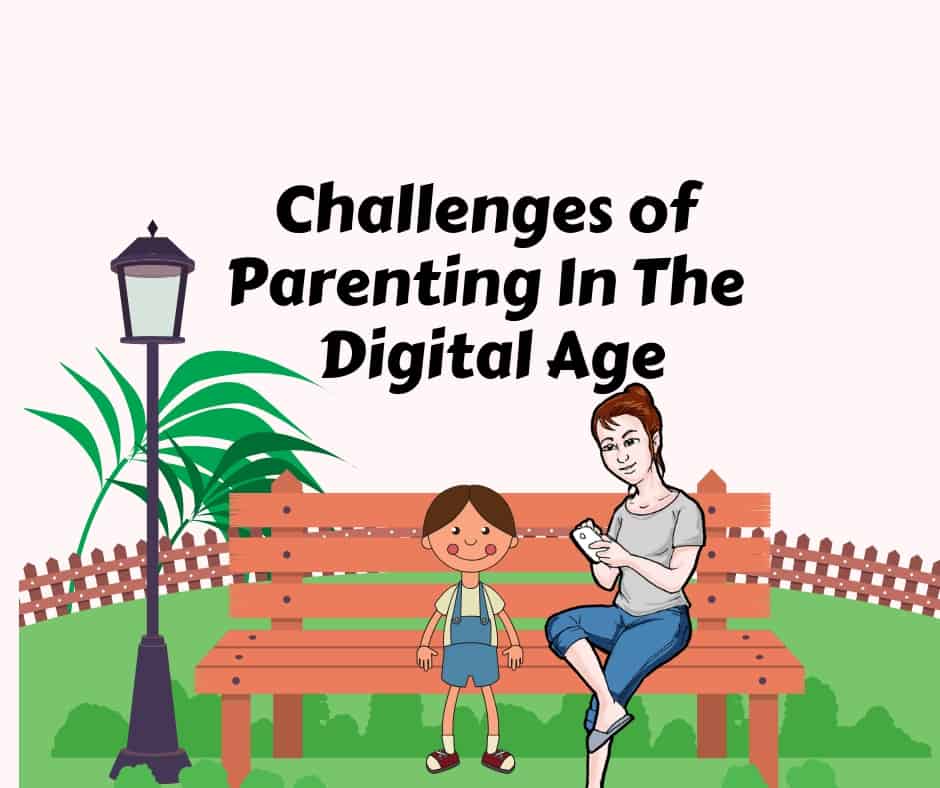In the ever-evolving landscape of Online Child and Adolescent Psychology, the need for understanding and adapting to the challenges of the digital era becomes increasingly crucial. As parents, educators, and mental health professionals navigate this dynamic terrain, the focus shifts toward nurturing resilience in young minds. This post delves deeper into practical strategies and insights that empower individuals to foster the psychological well-being of children and teens in our digital age.
Embracing Digital Literacy as a Protective Shield
One of the key elements in promoting resilience is empowering young individuals with digital literacy. Teaching children and teens to critically evaluate online content, discern reliable sources, and understand the implications of their digital footprint equips them with essential skills. By fostering a sense of responsibility and awareness, we can help them navigate the digital world safely and make informed decisions about their online presence.
Building Open Channels of Communication
Establishing open and non-judgmental communication channels is fundamental to supporting the emotional well-being of young individuals. Encouraging children and teens to express their thoughts, feelings, and concerns about online experiences helps create a supportive environment. By actively listening and validating their emotions, parents and professionals can play a pivotal role in helping them develop resilience in the face of online challenges.
Collaborative Approaches to Cyberbullying Prevention
Addressing the growing concern of cyberbullying requires a collaborative effort between schools, parents, and mental health professionals. Implementing comprehensive prevention programs that educate children about the impact of cyberbullying, and providing resources for parents and educators, can contribute to creating a safer online environment. Additionally, fostering a culture of empathy and kindness both online and offline can be a powerful antidote to the negative effects of cyberbullying.
Balancing Screen Time and Offline Activities
Striking a balance between online and offline activities is essential for physical and mental well-being. Parents can play a central role in setting realistic limits on screen time, encouraging outdoor activities, and promoting a healthy lifestyle. By instilling the importance of balance, we help children and teens develop habits that contribute to their overall well-being and resilience.
Expanding Therapeutic Approaches in the Digital Space
As online therapy becomes more prevalent, professionals in the field must continually explore innovative therapeutic approaches. Integrating virtual reality, gamified learning tools, and interactive platforms can enhance the effectiveness of online therapy sessions for young clients. By staying abreast of technological advancements, therapists can create engaging and impactful therapeutic experiences that resonate with the digital-native generation.
Nurturing a Supportive Online Community
In the vast digital landscape, creating a supportive online community is paramount. Parents, educators, and mental health professionals can collaborate to establish safe spaces where children and teens can express themselves, share experiences, and seek guidance. Fostering a sense of community contributes to a positive online environment that promotes resilience and well-being.
The Ongoing Journey of Learning and Adaptation
The field of Online Child and Adolescent Psychology is a journey of continuous learning and adaptation. As technology evolves, so do the challenges and opportunities it presents for the younger generation. By embracing a proactive mindset, staying informed, and fostering a collaborative approach, we can navigate the complexities of the digital age and contribute to the positive development of young minds.
In conclusion, as we delve deeper into the heart of Online Child and Adolescent Psychology, let us embrace the responsibility of shaping a digital landscape that nurtures resilience, empathy, and well-being. Together, we can empower the younger generation to thrive in the ever-connected world they inhabit.







